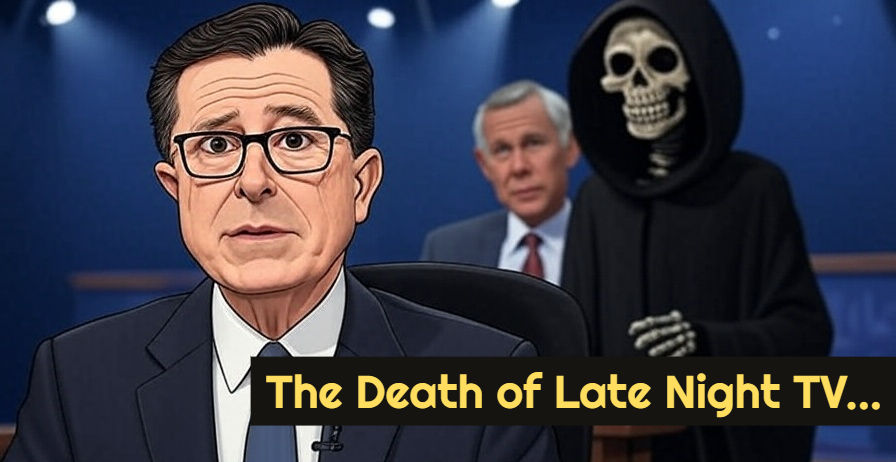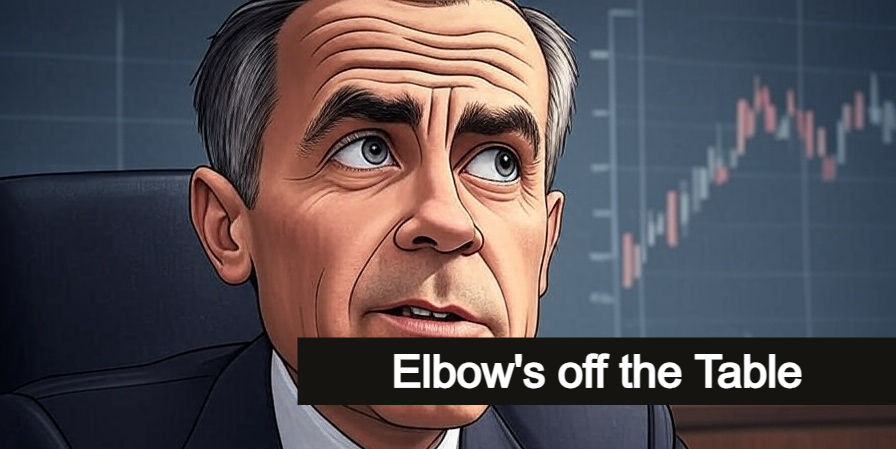The Great Distraction: When Giants Clash Amid Global Turmoil
- Rebel Lawson

- Jun 5
- 5 min read
An Inquiry into the Unusual Timing of the Musk-Trump Conflict and Russian Nuclear Signals

In today's political arena, few events captivate public interest like a clash between powerful figures. But what if the highly publicized dispute between Elon Musk and Donald Trump in 2025 is merely a carefully crafted diversion? What if, while the media is engrossed in Twitter battles and Epstein-related controversies, a more alarming situation unfolds unnoticed?
The timing is striking. The coincidences are too many to dismiss. And the key players have a history of manipulating public perception.
Awakening the Doomsday Signal
Hidden deep within the Russian wilderness, a mysterious radio station known as UVB-76 has emitted a repetitive tone since the Cold War era. Military experts refer to it as "The Buzzer," while others call it the Doomsday Radio.
For decades, it broadcasted monotonous sounds interrupted occasionally by cryptic codes that intrigued radio enthusiasts and intelligence officials alike. However, in early June 2025, the station's activity surged unexpectedly.
On June 2nd, shortly after secret talks in Istanbul between Russian and Ukrainian officials, UVB-76 transmitted a new coded message: "NZHTI 89364 IBOBAZA 2766 3413." Two days later, it sent more enigmatic codewords: "AZOTOBAK" and "OSHOLIN."
Such intense communication from the usually silent station hadn't been seen since Russia's initial invasion of Ukraine. Sources suggest UVB-76 is linked to Russia's Perimeter automatic nuclear retaliation system—a fail-safe designed to launch nuclear weapons if leadership is incapacitated. When this station becomes active, the world should take notice.
Yet, global attention was about to be diverted.
Operation Spider Web: A Bold Strike
Just days before the Musk-Trump feud captured headlines, Ukraine launched what military analysts describe as the most daring deep-strike operation of the conflict. On June 1st, over 100 Ukrainian drones infiltrated Russian airspace, targeting four strategic air bases housing Russia's nuclear-capable bombers.
Named "Operation Spider Web," this mission was the result of 18 months of planning and successfully destroyed or damaged more than 40 Russian strategic aircraft, including Tu-95 and Tu-22 bombers capable of carrying nuclear arms. The operation extended as far as the Amur region, over 8,000 kilometers from Ukraine's border.
The strategic consequences were profound. Ukraine demonstrated the capability to strike at the core of Russia's nuclear deterrent, potentially weakening Moscow's long-range strike power. Notably, Ukrainian operatives smuggled drones into Russia concealed in wooden shipping containers, transported by unsuspecting truck drivers near the airbases.
For Putin's government, this was not just a military setback but a severe blow to national pride. The supposedly secure Russian interior had been breached, revealing vulnerabilities in Moscow's nuclear assets.
A narrative shift was urgently needed.
The Storm Unleashed
Enter Donald Trump and Elon Musk, two masters of media spectacle. On June 5th, just days after Operation Spider Web and the mysterious Russian radio signals, global focus shifted dramatically.
What started as disagreements over Trump's budget bill escalated into a fierce public feud between two of the world's most influential figures. The intensity was theatrical. Trump, speaking from the Oval Office during a meeting with German Chancellor Friedrich Merz, expressed disappointment in Musk. Hours later, Musk retaliated on X, claiming Trump would have lost the election without his $277 million investment.
Then came the bombshell: Musk's claim that Trump's name appeared in the sealed Jeffrey Epstein files. The timing was impeccable. News cycles that should have focused on Ukraine's significant strike against Russian nuclear capabilities were instead dominated by billionaire drama.
The market reaction was telling. Tesla's stock dropped 15% as Trump threatened to cancel Musk's government contracts—a curious move from someone who had recently given Musk a White House key.
The Strategy Behind the Distraction
This approach follows a long-standing political tactic: when facing a critical crisis, create a louder, more personal controversy to capture public attention. Experts refer to this as diversionary tactics.
Consider the elements of this distraction:
The Setup: Both Trump and Musk are skilled at commanding media attention. Trump built his career on dominating news cycles; Musk has made Twitter controversies part of his brand.
The Stakes: Russia faces its most serious strategic defeat since the war began. Putin's nuclear deterrent—the foundation of Russian power—has been exposed.
The Execution: A very public feud erupts at the moment when focus on Russian vulnerability could have major implications. The Epstein allegations ensure widespread tabloid coverage.
The Result: American media shifts from serious geopolitical analysis to celebrity gossip. The significance of Operation Spider Web is overshadowed by social media drama.
The Evolution of Information Control
If this theory is accurate, it reveals a new dimension of modern information control. Traditional state propaganda—blunt and obvious—has evolved into a more subtle form. Instead of controlling the narrative, the goal is to make it irrelevant.
In an age of endless content, the true power lies in controlling what people pay attention to—and what they ignore.
The brilliance of this tactic lies in its deniability. Even if coordination exists, participants can claim genuine disagreement. Putin can deny involvement while benefiting from reduced scrutiny.
Signs of Coordination
Several factors hint at more than coincidence:
The Timing: The feud began exactly when attention on Russian vulnerability was most dangerous for Moscow. Four days is enough time for intelligence coordination.
The Market Reaction: Tesla's stock drop seemed orchestrated—dramatic but limited to avoid real damage. Traders noted the sell-off felt managed.
The Silence: Despite years of investigations, no major news outlet has seriously explored potential coordination between the feud and geopolitical events. Some stories seem off-limits.
Most notably, Russian radio transmissions continued. UVB-76 broadcast additional coded messages on June 5th—the same day the feud exploded. For a station linked to nuclear command, such activity during a major distraction would be strategically ideal.
Historical Context
This pattern is not new. Historians note similar occurrences during past crises:
The Monica Lewinsky scandal broke as Iraqi weapons inspections reached critical points.
Celebrity meltdowns coincided with major foreign policy developments.
Social media controversies erupted during sensitive international talks.
Whether by design or coincidence, the events of June 1-5, 2025, highlight the fragility of public attention in the digital era. When Americans should be focused on nuclear threats and mysterious military communications, they are distracted by social media feuds and conspiracy theories.
The real loss is not manipulation itself but our inability to focus on truly important issues. We have become a society distracted from nuclear dangers by celebrity conflicts.
The Key Question
As UVB-76 continues its mysterious broadcasts and Ukrainian drones advance deeper into Russian territory, one question remains: Who controls our attention in a world where it is the ultimate weapon?
The answer may reveal whether these events are mere coincidence or a masterful distraction. Somewhere in the static of a Cold War radio station, the true orchestrators may still be pulling strings, counting on our collective distraction.
Perhaps the greatest victory for any authoritarian regime is not controlling thoughts but ensuring people cannot think long enough for those thoughts to matter.



Comments